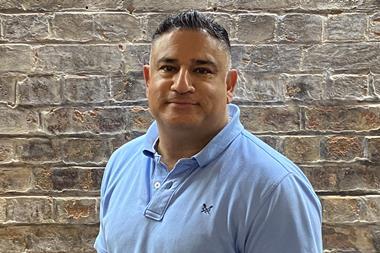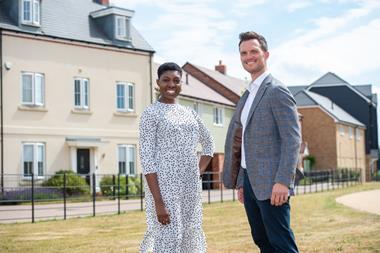Guy Burnett’s piece on shared ownership highlights some of the reasons it is so important that we do everything we can to protect this support for first-time buyers.
Shared ownership provides a solution for the increasing number of people otherwise being priced out of the housing market amid the ending of the government’s Help to Buy scheme and the impact of rising interest rates and inflation on mortgages, renting and personal finances. And it has proven particularly helpful for aspiring homeowners in London and the south east of the country where many don’t have a high enough salary or deposit to buy on the open market.
However, a lot of people who could really benefit from this support are being prevented from doing so due to the income cap being placed on those looking to apply for shared ownership.
I recently advised one developer that the three-bedroom shared ownership homes they’d developed in a popular commuter town were valued at nearly £550,000. The developer and housing association have had to reduce the open market value however, as the only families that can afford a property at that price would already be earning a joint salary above the shared ownership income cap of £80,000.
Within London, the income cap is marginally higher at £90,000 but the average salary for a police officer, nurse or teacher is now around £40,000. This means many more households are earning too much to qualify for a shared ownership property in the borough they work in, one of the original objectives of the scheme, and conversely not enough to buy on the open market.
With housing associations forced to reduce the rent they are charging as a result of these affordability issues, this is reducing the residual income achievable and preventing them from developing more much-needed affordable homes.
Jonathan Pearson, director, Residentially






























No comments yet